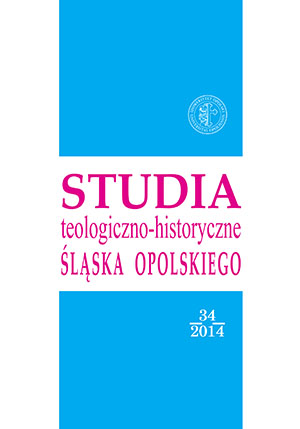
We kindly inform you that, as long as the subject affiliation of our 300.000+ articles is in progress, you might get unsufficient or no results on your third level or second level search. In this case, please broaden your search criteria.

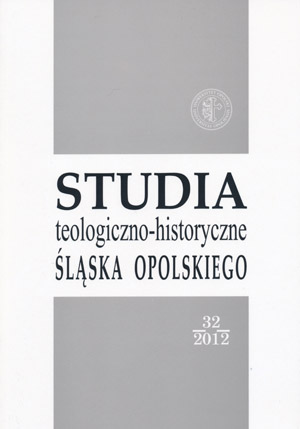
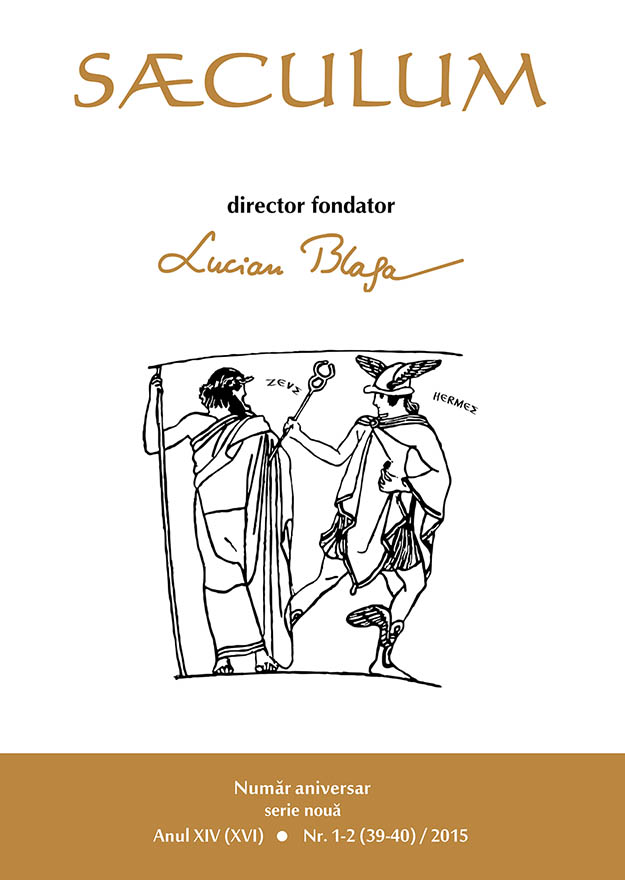
The meanings of Kant’s main concepts and ideas in Religion within the Bounds of Bare Reasonare analysed both in the context of their time and in that of our contemporary world. The relationship between the concrete ethical-religious and cultural diversities are also followed, on the one hand, and a hypothetical universal reason, on the other hand.
More...
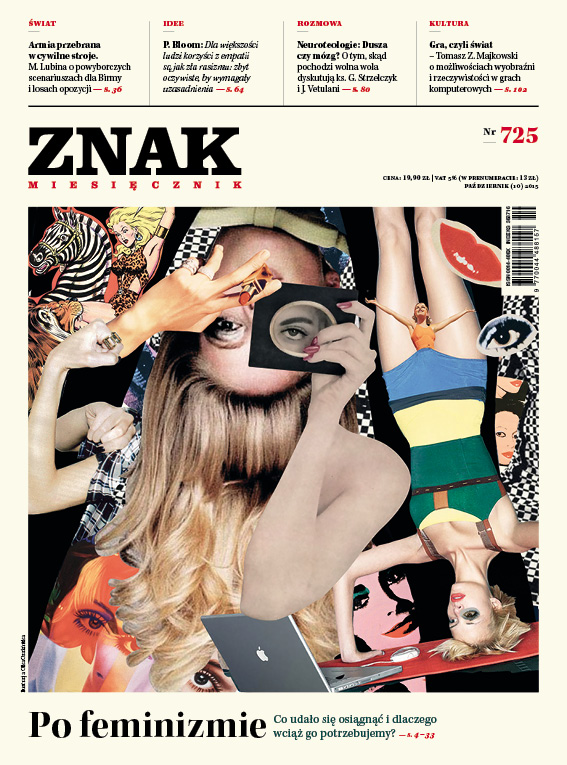

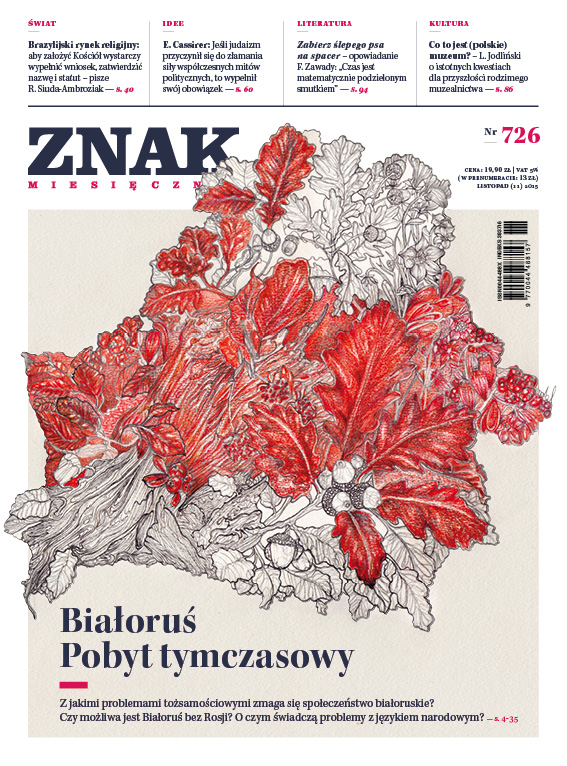
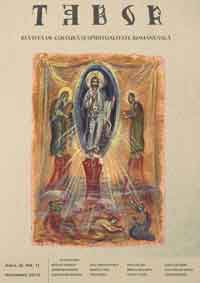
In these anniversary moments we pay tribute to those who have a special role in the public and personal religious life. This year, our Metropolitan Archbishop Andrei celebrates 25 years of episcopate. This important anniversary is now doubled by the feast of his spiritual patron – Saint Andrew, protector of Romania. In this context, the present article is intended as an evocation of his personality based on his admirations (his “friends”) and their dominant features so that, in the end, one above the other, to picture a corollary of the human characteristics behind his personal architecture.
More...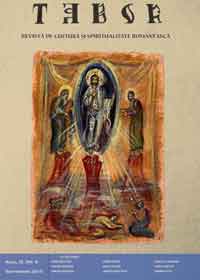
Religious experience is the link between the biblical psalmists and Arghezi or Voiculescu as creators of religious poems; they all had feelings of happiness, disappointment, loneliness, comprised in what religion psychologists call the night of the mystics. Spanish exegete Antonio Avila believes that sacred experience gives meaning to all existence, even if the feeling of rejection by the deity appears very often, these poets never cease to seek for Transcendence. So they are spiritually enriched by this search for ultimate and radical meaning of life.
More...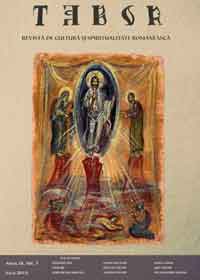
Alexandru Mironescu, in his study Limits of the scientific knowledge presents the wrong ideas largely promoted by the scientists of the last century. Some of these scholars were honorable enough to admit that the studies started from insufficiently verified hypothesis which led them to disastrous conclusions. In his study, Alexandru Mironescu also mentions the medical hypothesis of Alexis Carrel, whom he considers the most balanced scholar of the last century.
More...
This review provides a synthetic introductory study of a wider ethno-folkloric and theological research under development. This paper exhaustively treats the subject of the heavenly powers from the popular perspective, based on the main ethnological and folkloric collections and with the Orthodox dogmatic canon as landmark. It also includes conclusions of the field surveys conducted by the author. In addition, one of the purposes of this essay is to bring the new theoretical and methodological perspective of researching popular religiosity, respectively religious concepts of vernacular and vernacular religion into the theological field.
More...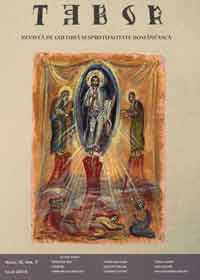
In our country, Byzantine church music and that of Byzantine tradition has experienced a signifi cant development since ancient times. The evidence is the great number of musical manuscripts discovered here so far as well as the work of the Romanian protopsalters who had a special interest and the necessary talent to compose and sing this music. The present study brings to light a new psaltic manuscript, which is currently at the Ion Irimescu Art Museum in Falticeni and which comes to confirm this belief and to provide those interested with some of the yet unknown pages of Byzantine music from Romania.
More...
The present study is a theo-political analisis of the way in which the secular power and ecclesiastical authority interacted in the Western Middle Ages. Starting from the hermeneutical differences of opinion between post-nicean Fathers and the gelasian concept of demarcation between the two spheres, it highlights the paradigmatic changes occurred with Renovatio Imperii of the Carolingian and then ottonian era. It also shows how the static vision on the relationship between sacerdotium and imperium is radically altered by hegemonic pretensions either of the German Emperors, or the papacy, both powers being tempted by a structural monopoly on the entire Christian community.
More...
The interview captures some aspects related to the Church life under the communist regime, the collaboration with the Romanian Security organs, the secular-humanist current who challenges today legitimacy of faith, the issue of religion in schools, the problems with the Burning Bush movement as well as others regarding different personalities of the Church.
More...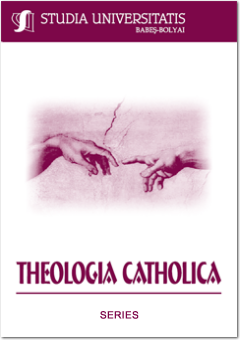
Principes d’interprétation du Codex canonum Ecclesiarum orientalium. La publication du CCEO, en 1990, a constitué un moment important pour toutes les Églises orientales catholiques, de même que pour leurs institutions et hiérarchies : à partir de ce moment-là, ces églises avaient à leur disposition un instrument juridique capable de réglementer l’ensemble de leur activité juridique. Un quart de siècle après, cet article répond à des questions relatives à la mise en pratique des directives canoniques et à l’applicabilité du code dans ces Eglises. En même temps, il souligne les principes interprétatifs du CCEO, principes qui ont conduit à une juste compréhension et interprétation de celui-ci. En ce qui concerne l’application de la norme, une question préliminaire et une condition préalable est l’interprétation correcte du code, que l’auteur de l’article envisage en trois directions fondamentales: a) le cas où le texte du canon présente des ambiguïtés et des doutes; b) le cas où la loi n’a pas une prescription expresse; c) si un problème devait survenir dans le contexte des relations interecclésiales des deux codes (CIC et CCEO).
More...
Mutuum dare nihil inde sperantes: the Reception of the Jus Ecclesiae in the Church Fathers, in the Synodal and Conciliar Legislation. Christianity has always condemned usury. Unlike the Jewish tradition, so practicing usury was permitted only with enemies, the Gospel shows the principle of lending without asking anything in return, in full respect of the principles of the Christian caritas and misericordia.
More...
Certaines considérations sur l’application de Jus Publicum Ecclesiasticum nel CCEO. Le principe de la libertas Ecclesiae a été formulé avec l’intention de veiller à ce que l’Eglise ait cette liberté d’action qui lui permette d’agir dans le monde pour le salut des âmes, en étant formalisé dans Code de droit canonique de l’Église latine et dans le Code des canons des Eglises orientales dans différentes manières. Ceci montre, d’une part, la diligence et la sensibilité du législateur sur l’observance fidèle des traditions propres et des sources disciplinaires pour chacun des deux codifications, tandis que de l’autre côté, le législateur accorde une grande attention aux circonstances particulières dans lesquelles l’Église interagit dans les différents contextes avec l’ordre civil.L’article tente une approche concernant le principe de la libertas Ecclesiae dans la codification canonique orientale en particulier dans les points sensibles tels que la personnalité morale de l’Église et du Siège apostolique. Ensuite, a été analysé la référence pour le jus pubblicum ecclesiasticum au niveau du can. 98 CCEO, concernant le pouvoir du patriarche et l’archevêque majeur de conclure des accords avec les autorités civiles. Ces droits et privilèges que le législateur suprême a voulu reconnaître aux patriarches orientaux en fonction de leur propre dignité, pourraient à l’avenir être étendus dans certains contextes spécifiques au sein de l’Eglise latine.
More...
Dopo la caduta del comunismo nell’Europa dell’Est varie Chiese sui iuris hanno dovuto adeguarsi per quanto riguarda l’applicazione della disciplina ecclesiastica alle nuove circostanze socio-politiche. La Chiesa cattolica in Ucraina, costituita all’interno della propria nazione unificata dopo il 1991, anno della riconquista della la propria indipendenza, si è trovata in una situazione del tutto nuova. La nuova realtà imponeva, per circostanze geopolitiche, una nuova organizzazione relativa sia alla strutture statali che ecclesiastiche. L’obiettivo di questo studio è quello di dare una visuale sull’attuale organizzazione ecclesiastica della Chiesa ucraina di tradizione bizantina costituita all’interno dei limiti territoriali della stessa Chiesa, secondo le varie decisioni e leggi approvate da parte del Sinodo dei vescovi della Chiesa greco-cattolica ucraina.L’articolo si propone di presentare un’analisi dei singoli articoli sinodali che aiuteranno ad individuare e capire meglio il percorso formativo della vita ecclesiastica in Ucraina; il percorso organizzativo, così come emerge dal presente studio si è trasformato in una riorganizzazione delle proprie strutture e delle proprie attività.
More...
Parole sincere dette con amore. L’arte di accogliere e di correggere nell’incontro tra Gesù e la samaritana (cf. Gv 4, 16-19). L’incontro di Gesù con la samaritana è marcato dal dialogo interramento attraversato dall’affezione e dal desiderio della ricerca del significato del vissuto, della morale e della spiritualità, nella quale tutte le dimensioni della persona umana possono trovare un’armonia alla quale la donna, fino a quel momento, nemmeno pensava. Un incontro che ha rivoluzionato e cambiato un modo di vivere, immaginando l’universalità della missione nella Chiesa, universalità cristiana e lo stato di grazia, che si riflette nella comunità ecclesiale. La fede è un’altra dimensione di tale esperienza, come risultato dell’incontro autentico della persona umana con Gesù Cristo e la disponibilità di predicarlo anche agli altri. La donna samaritana è stata invitata da Gesù ad una rilettura della storia passata, quella della vita matrimoniale, con uno scopo teologico e psico-pedagogico. Il dialogo tra Gesù e la samaritana mette in risalto la sapienza psico-pedagogica del maestro, determinando un cambiamento nella vita della donna, l’accettazione dell’avanzamento sulla via della fede sotto l’impulso delle parole misteriose di Gesù. Un incontro e un dialogo che provoca la conversione. Il metodo proposto da Gesù diventa così un principio psico-pedagogico molto utile nel servizio pastorale della Chiesa nel mondo odierno, cioè l’incontro con Gesù e con la sua parola, che determina nella persona umana il desiderio appassionato di lasciarsi trasformata dal di dentro.
More...
Jean-Michel Maldamé, Création et créationnisme, Namur: Edition Fidélité 2014, 163 p.
More...